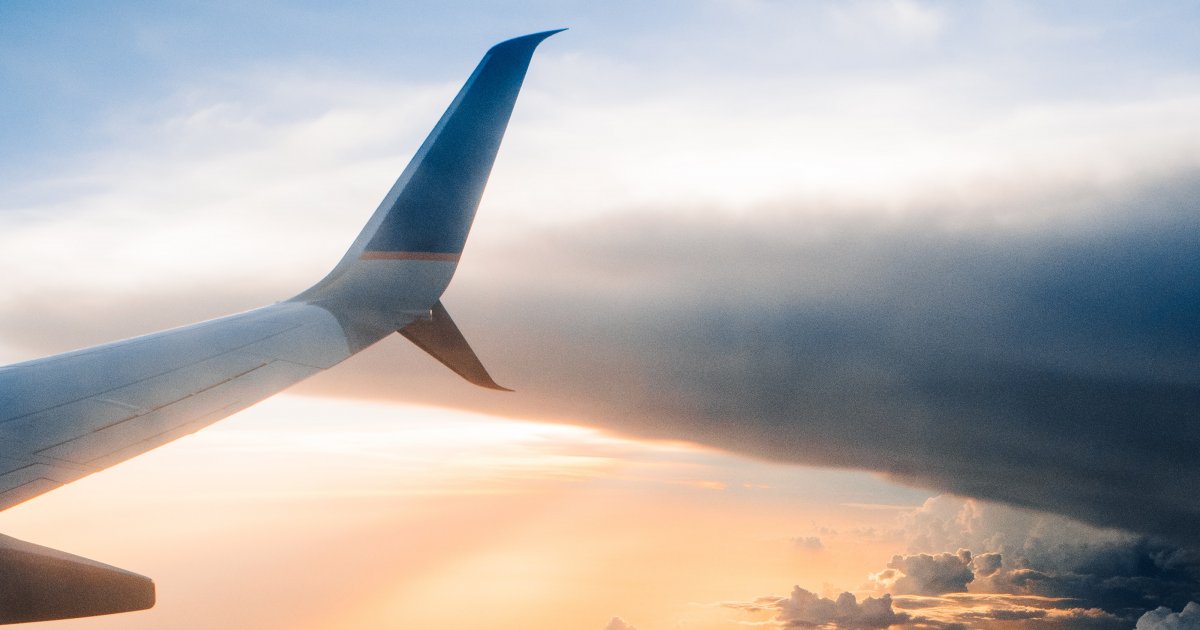Flying With Cancer During COVID-19
- Cancer patients should avoid unnecessary air travel.
- If air travel is unavoidable, cancer patients should discuss how to best reduce their risk of contracting COVID-19 with their treatment team.
- If you must fly you should 1) wear a mask at all times, 2) consider wearing eye shields and gloves, 3) pack and bring your own food and beverages, 4) minimize contact with people and objects as much as possible.
Read More“First off, is it safe for anyone to fly during COVID? I have personally tried to avoid it.”
The CDC warns that people with increased risk of severe illness from COVID-19 (such as cancer patients) "should consider their level of risk before deciding to go out and ensure they are taking steps to protect themselves. Consider avoiding activities where taking protective measures may be difficult, such as activities where social distancing can't be maintained." They remind us that social distancing is, in part, defined by maintaining a minimum of 6 feet of separation between you and another person. Is this at all possible with air travel? Even with some airlines taking measures to book flights at less than 100% capacity, with the middle seat open, is that enough space to qualify as social distancing? Unfortunately, physicians have limited data to counsel patients on the true risks of air travel.
Related: I Have Cancer & Live in a COVID-19 HotspotWhat Should I Do?
Dr. Lee-may Chen (UCSF) discusses chemotherapy treatment during COVID-19
Fortunately, the CDC and the Federal Aviation Administration (FAA) have issued guidance to help airlines reduce the spread of COVID-19, including increased sanitation measures and the recommendation to wear cloth face masks. Additionally, the Transportation Security Administration (TSA) has also increased efforts to improve sanitation at security checkpoints. This is to protect their employees as much as it is to protect us. Despite these measures, air travel limits the ability to practice social distancing as defined by the CDC and also puts air travelers at risk when time is spent in crowded security lines and in airport terminals.
RELATED: COVID-19 Has Changed Surgery and Hospital Protocols for Ovarian Cancer Patients
Overall, despite easing of restrictions, patients with cancer should continue to limit their travel, especially when considering taking a flight. Dr. Freedland provides this advice for cancer (and all) patients who must fly during the pandemic:
- Wear a mask at all times
- Consider eye shields and gloves
- Pack your own food and beverages
- Minimize contact with people and things as much as possible while in the airport
The best approach for cancer patients is to continue to practice social distancing and have a discussion with your health care providers regarding the risks and benefits of air travel.
Learn more about SurvivorNet's rigorous medical review process.

